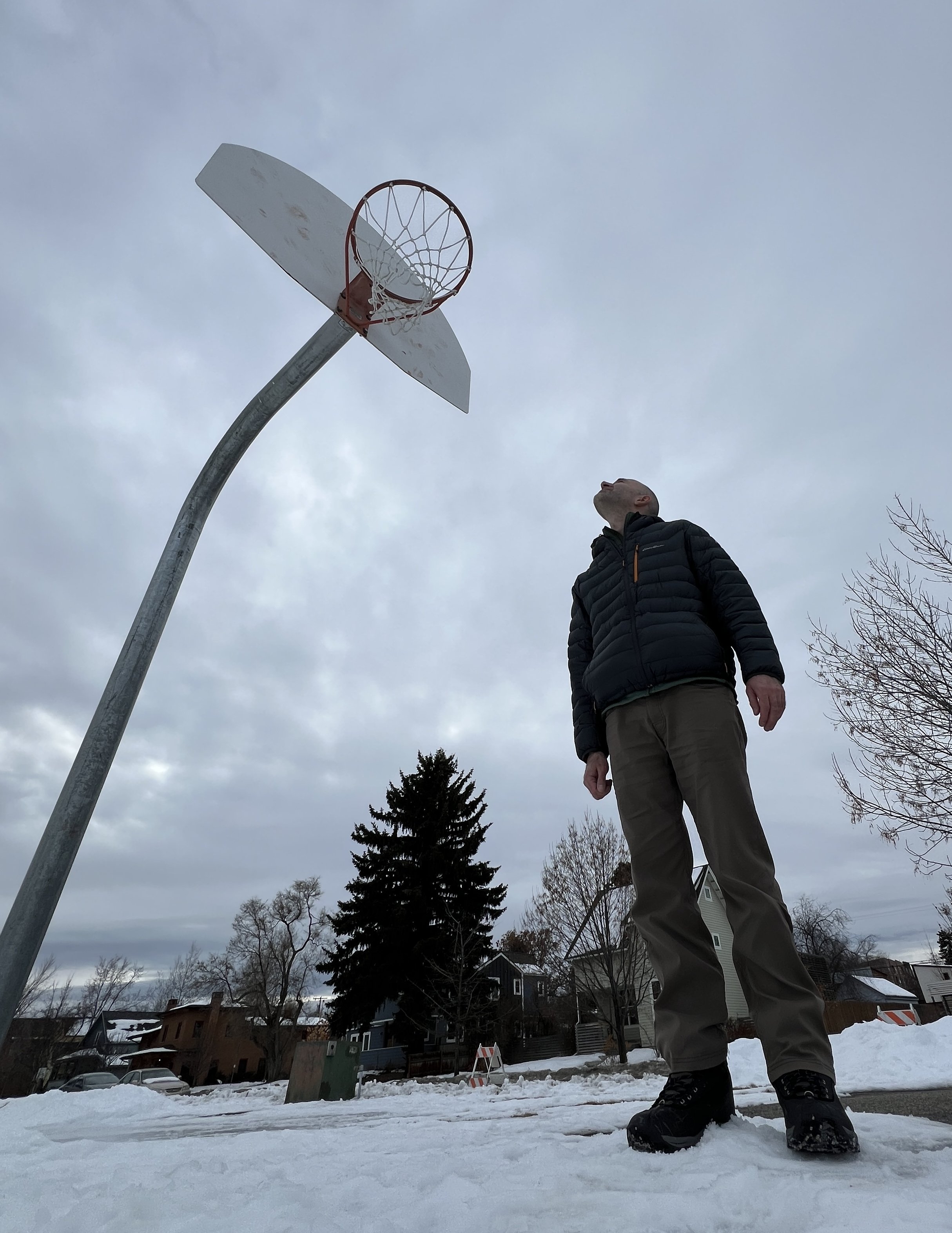Rethinking Our Healthspan
When I was young, I vividly remember my grandma’s standard answer to the question of how old she was: “39 and holding!” It made sense for some time, but each grandchild eventually realized that while the rest of us had a different age with each subsequent birthday, Grandma never did. One of my younger cousins came to the realization when her dad’s age surpassed her grandma’s age. Wait a second! So then Grandma’s age magically became “49 and holding!” As best as I can recall, I don’t think Grandma ever aged past 49…at least by her own reckoning.
So here I find myself on the cusp of departed Grandma’s once-and-forever age. Hard to believe. Why would we want to hold on to any one specific date or age in time? Was that the best time of our life? Or is that the number past which we become the dreaded “old”? Regardless of what we tell others, we can certainly feel it. Right? It aches a little more to kneel down, and you have to put a little more effort into getting up. Or maybe you even need a hand to get up these days. I remember when it felt so easy to jump as high as I wanted, and easily dunk a basketball, maybe even add a little pizzazz in midair. Now, even looking up at the rim makes me feel old! God forbid that I would even attempt to jump up and try to touch it. The horror!
I read recently that the number of healthy years we are living (so-called “healthspan”) is decreasing, and the lifespan/healthspan gap is increasing. Meaning that we are living more of our lives with disease, and presumably in a state where we cannot enjoy the freedom to live our best lives and do what we want. The idea is that health is good, and unhealth (time with disease) is bad. Now don’t get me wrong, nobody likes the idea of being infirm or dealing with chronic disease. But is it fair or even feasible to dichotomously classify the value of life into states of good health versus disease? What about the innumerable examples of valuable time lived, and exceptional contributions made, from a state of unhealth or disease? Perhaps even because of unhealth and disease?
Perhaps we should view this whole notion as a spectrum rather than a dichotomy. Healthy and unhealthy are, in a sense, perspectives of the individual. Yes, there are certain names and categorizations for diseases, and the limitations that these illnesses bring are real. As are the normal effects of aging. But these illnesses or states of unhealth are not our identities. They do not define our very nature. They merely represent circumstances or challenges or crosses that have to be born during different phases of life. Maybe when you were younger and “healthy,” you could hike up a mountain, but you were immature and lonely and made lots of silly mistakes. And now you are old and achy and carry a list of chronic medical conditions and a box full of prescriptions, but you have wisdom, and memories, and community, and a firmer sense of self. Does that really qualify as “unhealthy?”
In the end, I suspect Grandma was on to something. Maybe “49 and holding” wasn’t vanity or wistful remembrance of a time past, but rather the wise recognition that we are who we are despite our health or our infirmity, our potential or our limits, our ability to dunk a basketball or just to longingly gaze upward at the forevermore out-of-reach rim!

